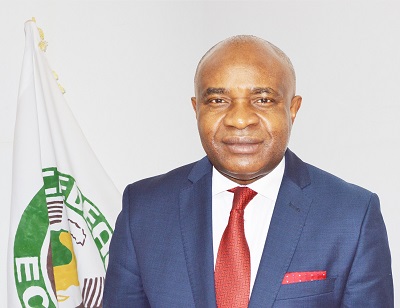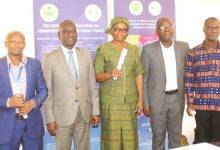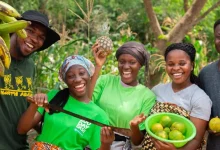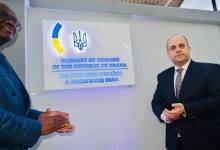
The 32nd West African Health Organisation (WAHO) Day was marked in Accra yesterday with a call on member states to pool resources to combat the health challenges confronting the sub-region.
WAHO was established by the heads of state and governments of the Economic Community of West African States (ECOWAS) in 1987, as a specialised agency with the mandate to provide the highest health benefits to its populations.
Professor Stanley Okolo, the Director General of WAHO said in a keynote address that the region was still faced with recurrent epidemics such as lassa and yellow fevers and meningitis, hence the need to resource the sector.
He noted that preventable illnesses remained a scourge at all ages, stressing that even though malaria had been eradicated in many parts of the world, it was still prevalent in the sub-region.
Additionally, Professor Okolo underscored the need for member states to prioritise the provision of affordable, high quality medicines across the region, preferably through regional manufacturing hubs which would also contribute to industrialisation and employment.
That, the WAHO Director General noted, would help address the influx of fake or substandard medicines in the region as nearly 80 per cent of medical drugs in the region was imported.
Currently, he indicated that WAHO had convinced the region’s health ministers to agree on five major thematic areas of focus which included the control of epidemics and non-communicable diseases and improvement of quality health of women, children and the adolescents.
Prof Okolo commended partners and stakeholders for their efforts in impacting the local population.
On achievements chalked so far, Ms Mercy Aburam, WAHO Focal Point at the Ministry of Health (MoH), indicated that WAHO had improved access to affordable high quality medicines and vaccines and publication of accurate region-specific health statistics.
She stated that the organisation had improved human capacity which had strengthened the region’s networks to advocate for increased domestic health financing, to sustain efforts of improving healthcare delivery.
“We have supported training of hundreds of field epidemiologists, provided mobile laboratories for some countries for rapid testing of suspicious illnesses, and undertaken targeted installation of thermal cameras at our region’s borders to enhance detection of travellers with febrile illnesses who may need further testing,” Ms Aburam added.
As part of efforts to improve demographic dividend in the region, she indicated that WAHO had undertaken several programmes to improve sexual and reproductive health in women and had provided intensive education on the use of modern family planning methods.
In addressing emergency health situations among member states, Mr Alexander Gyedu Yeboah, Head of Information Technology of health training institutions of the MoH, explained that WAHO was planning to implement an online data system that would help the region get health assistance from other member states in case of any disease outbreak.
That, he noted would reduce cost, saying member countries could take advantage of other countries that were resourceful and had the expertise to train countries that lack the requisite professionals.
BY JOYCELINE NATALLY CUDJOE







